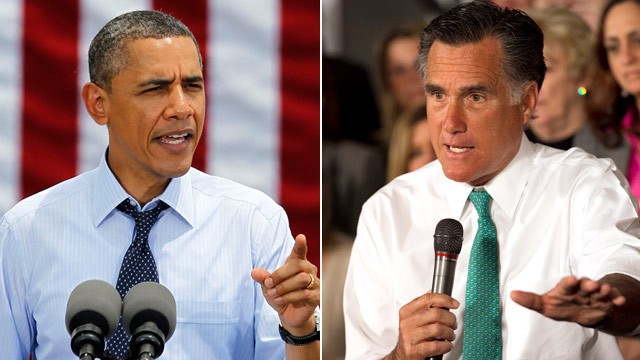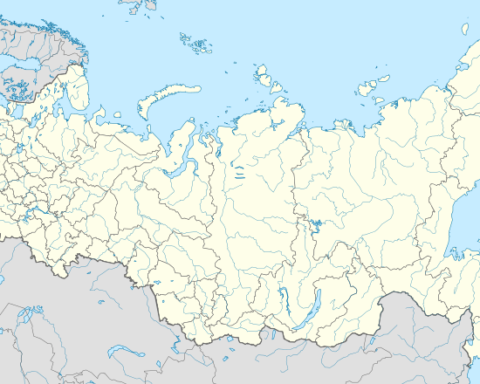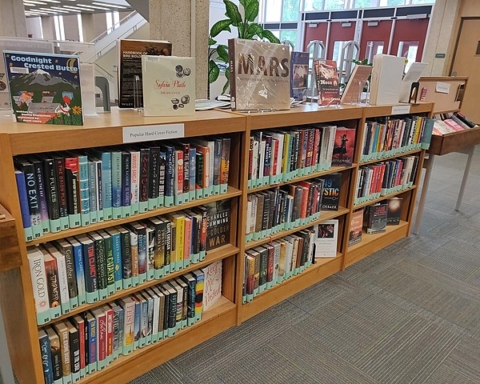By Kevin Rogers
Assistant Opinion Editor
This past week, dozens of St. Bonaventure students registered to vote for the first time or guaranteed they will receive absentee ballots to cast their votes from school. They’ve taken the first step to participate in the American political process.
With the paperwork out of the way, young voters should ensure they know why they’re voting for the candidate they choose.
In campaigns now dominated by sound bites, tweets and media appearances, it can be hard to formulate solid reasons for supporting a candidate. Some wind up voting for the candidate who looks better, who gives better speeches or is more likeable. This sort of popularity-based voting reduces national and statewide elections to the superficiality of high school class elections.
To prevent this year’s elections from being overcome by popularity, young voters need to do a bit of research on what the candidates stand for, what they’ve done and what they plan to do if elected. Know the issues and what the candidates plan to do about them.
This isn’t a daunting task. There are plenty of ways to keep informed about the candidates and elections.
For latecomers to the current developments in the presidential election, the three forthcoming debates are an opportunity to catch up and observe where the candidates differ on major campaign issues. The debates will be aired on most major news networks and streaming online. WSBU, the College Democrats and the College Republicans are also hosting debate viewing parties on Oct. 11, Oct. 16 and Oct. 22.
A 90-minute investment in watching each debate is an easy way to hear the candidates speak off the cuff about their specific policy proposals and plans for the future. For the skeptics among us, news outlets such as The Washington Post and the Associated Press provide fact-checks on the claims made by the candidates.
Though the debates are likely the best way to see where the candidates stand on the issues, there are a number of different resources to help voters make informed voting decisions. Look at the candidates’ websites for their specific policy goals. Look at the opposition research on your preferred candidate so you can learn how to defend your candidate choice (or abandon it if you can’t). Read a newspaper. Watch a news report. Learn something.
If not, you won’t understand the candidates, and you might as well be back in high school, voting for class president. If you don’t understand the candidate, how can you justify voting for that candidate?
In a Sept. 28 opinion piece in The Bona Venture, Mary Best, managing editor, wrote, “Who we vote for now will determine the future of our country beyond a four-year period, no matter what the Constitution says.”
She’s absolutely correct. If we choose to exercise our right to vote without truly knowing what we’re voting for, we shouldn’t be surprised if we don’t get what we were promised and if it lasts much longer than we expected.
Thomas Jefferson said, “Whenever the people are well informed, they can be trusted with their own government.”
We have the right to vote. We need to prove that we deserve it. To prove we deserve it, to prove we deserve the trust that Jefferson speaks of, we need to make sure we’re making informed choices on election day, regardless of who we choose.






